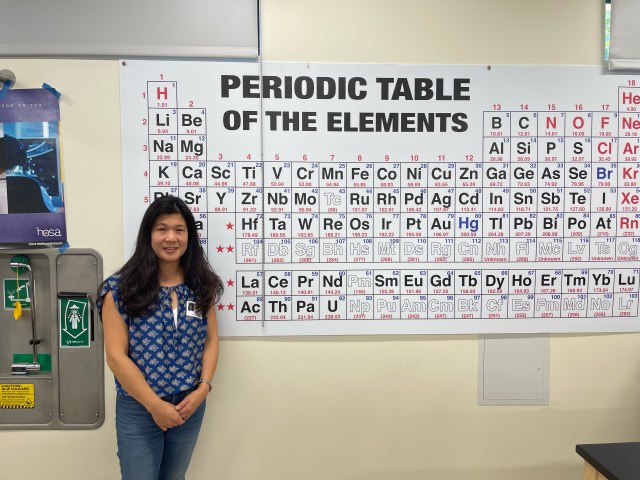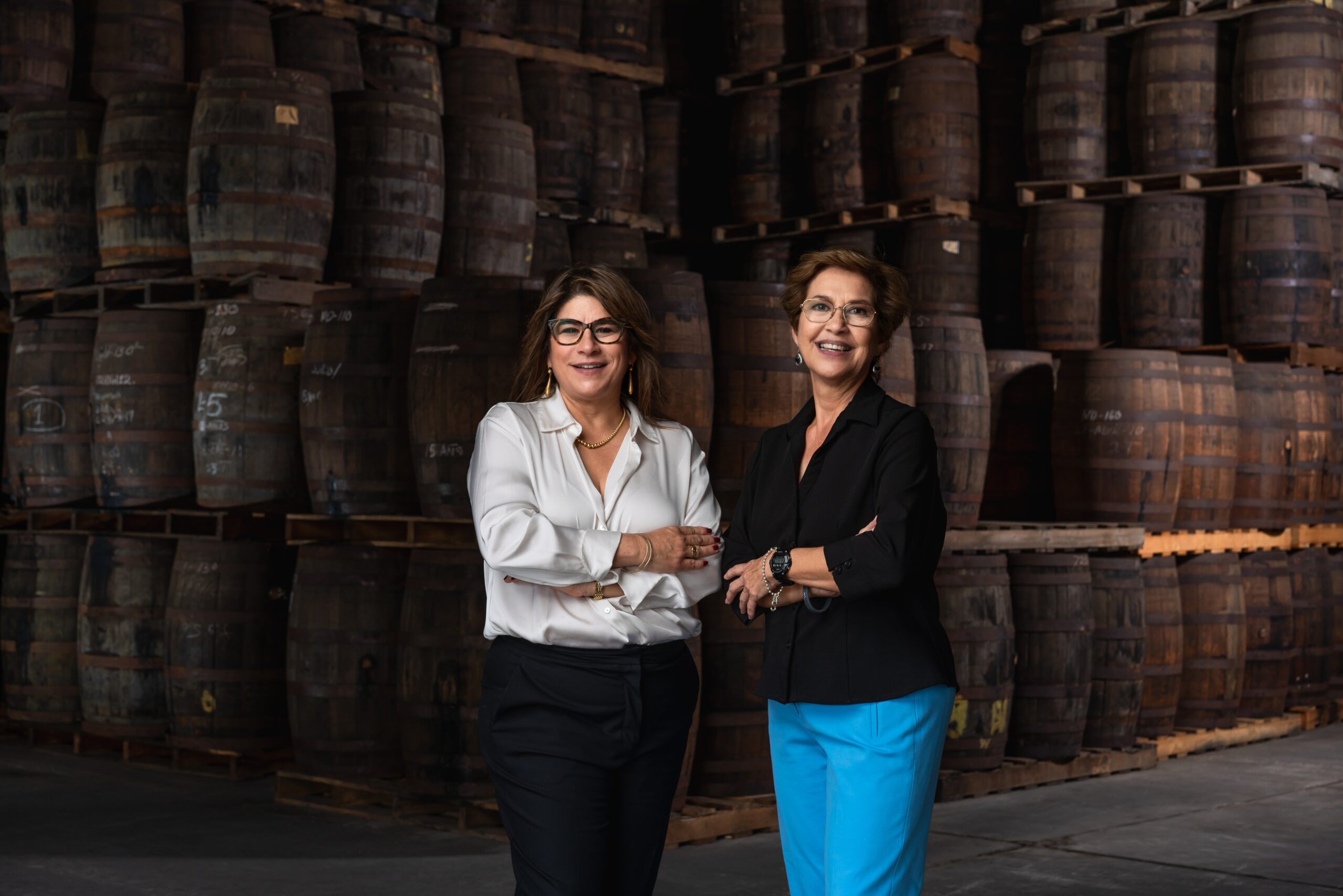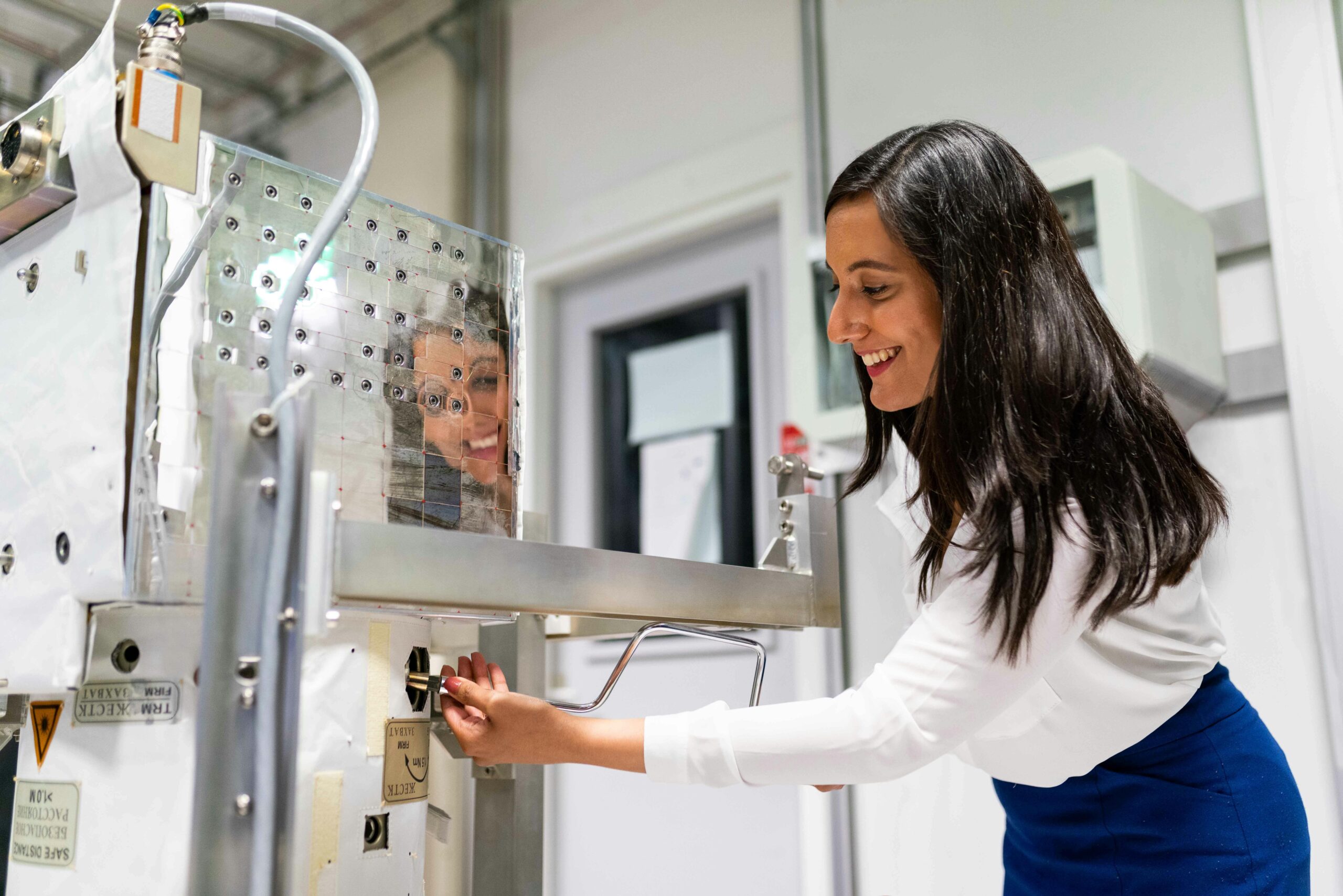
Work-life balance can be like the proverbial monster-under-the-bed. You’ve heard about it, but when you haven’t experienced it for yourself, you begin to doubt its existence. Similarly, many professionals grow up envisioning a life full of purpose, and making a real impact on the world. As we follow traditional career paths, these youthful aspirations can feel increasingly out of reach.
A few years ago, this might have been the outcome for Loui Kou, a former Biomedical engineer who is now more than half-way through earning her teaching credentials. A few years ago, Kou had reached a point in her personal and career life, where she was looking for something more. She knew that she wanted to have a positive impact on children, but she wasn’t sure how to bridge the gap between her STEM career and a role that would allow her to make a difference – until she heard of an organization called EnCorps.
Kou has been gifted in the sciences all her life, so following a career path in engineering had been a natural choice when she completed her schooling. The field of Biomedical engineering was exciting, and her job allowed her to help people through manufacturing biomedical devices. Kou worked in the quality department at her company, ensuring that its processes and products were in compliance with the FDA, among other things. However, a few years ago, Kou began to feel an inkling that something was missing.
“I realized I wasn’t making a direct impact,” she says, “and I wanted to do more”.
As time passed, Kou’s family grew. When her personal responsibilities grew as well, she craved the kind of work-life balance that would facilitate her spending more time with her kids. Without Kou being certain of what to do next, fate stepped in.

Kou heard of a Los Angeles based organization, EnCorps. EnCorps promotes educational equity and works to correct the injustice preventing children in under-resourced communities from accessing a high-quality STEM education. The group accomplishes this by providing STEM professionals who are open to changing careers the opportunity to explore teaching.
EnCorps recruits and supports STEM professionals like Kou, who are performing at the top of their field, to transition to teaching. Kou saw the connection between her specialized engineering skills and the need in under-resourced schools for teachers who can connect with students – particularly students traditionally under-represented in STEM.
“I’m an Asian woman,” she says; “I am the daughter of an immigrant”. Kou instantly saw a clear path to making a real impact in children’s lives, and she took it.
As Kou took her first steps toward teaching, she learned that the process of changing careers, earning her teaching credentials, and interviewing was not without its challenges. But she says that EnCorps has made her experience “much easier”.
EnCorps offers qualified STEM professionals the opportunity to guest teach under the guidance of mentor teachers at one of the organization’s 250+ high-needs partner schools in New York City and key areas in California such as Los Angeles, San Diego, Bay Area as well as Riverside and Sacramento counties, providing hands-on learning for professionals who are considering a career change.
Today, Kou thinks about the ways she will help her students. She intends to leverage her STEM professional experience in the classroom.
“In engineering, it’s all about problem solving and working in groups with productive collaboration,” she observes. “I plan to have a lot of group work and group discussions. One of the things I’ve learned is that high school students only want to be in groups with their friends. In a professional setting, you don’t know everyone. Being professional means focusing, staying on task, and solving the problem together. That’s a key thing that I want to teach my students.”
When she considers how she will ignite a passion in students for engineering, Kou looks earnest when she reflects on current conditions for students. In American public schools, fewer than one-in-ten teachers are from ethnically and racially diverse backgrounds, limiting students from relating to educators or feeling represented in the classroom. There has also been a persistent teacher shortage in STEM subject areas for the last two decades, making it more difficult for students to receive a high level of STEM education.
Kou feels that as an Asian woman in STEM, her presence in the classroom will make a difference. “I can ignite a passion for STEM in my students by just showing up, by being there every day, by being a role model, being enthusiastic about my subject. And I’m really hoping that will rub off”.
















